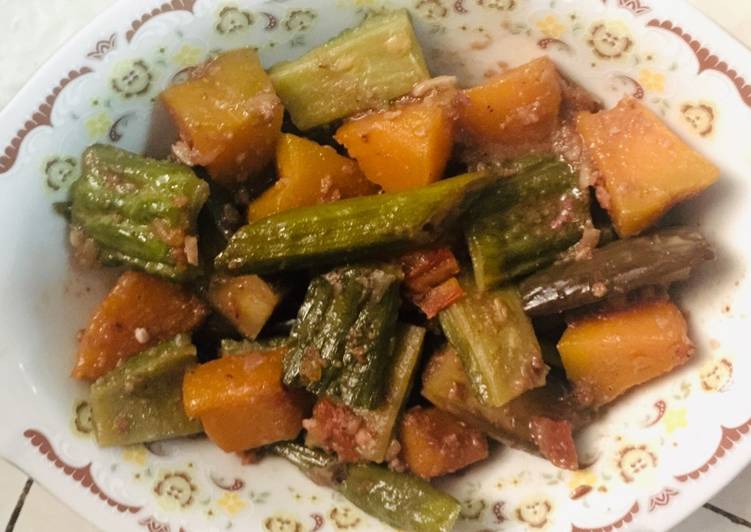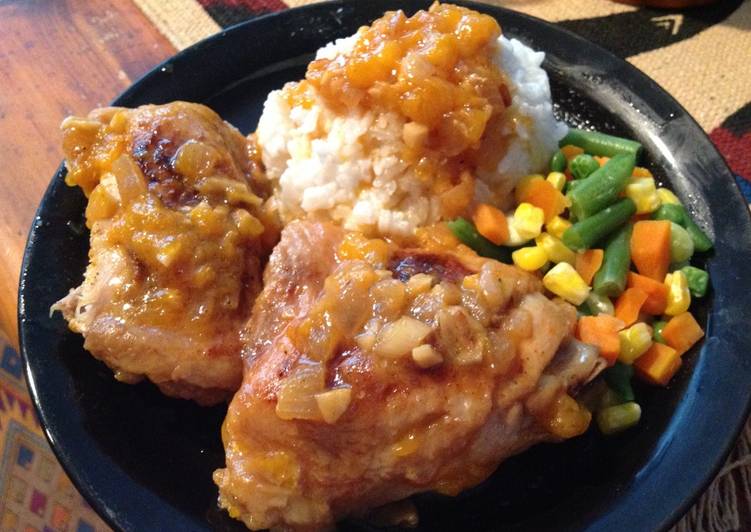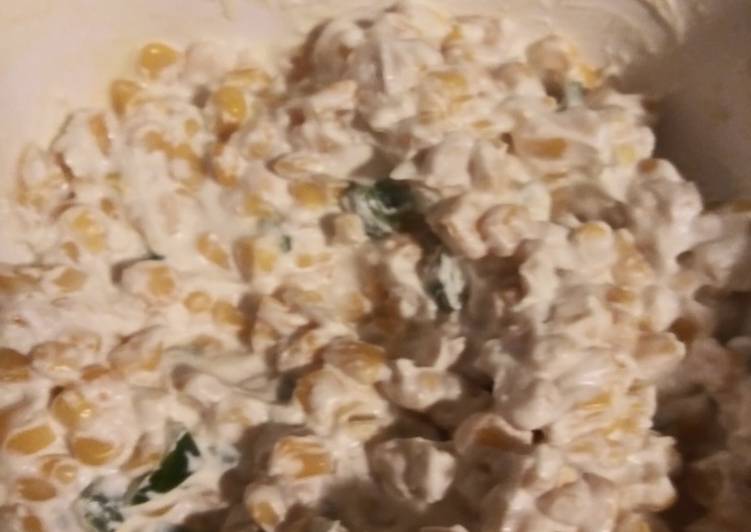
Hey everyone, it is Brad, welcome to our recipe page. Today, we’re going to make a special dish, vegetables in shrimp paste (simple pinakbet). One of my favorites food recipes. For mine, I will make it a bit tasty. This will be really delicious.
Worcestershire sauce hot fluffy rice Cooking Procedures : In a pan, melt butter over medium heat. The first step in making pinakbet is to cook the shrimp until pink. Then, in the same pan you used to cook the shrimp, saute the garlic and ginger followed by the remaining shrimp paste.
Vegetables in Shrimp Paste (Simple Pinakbet) is only one of the most popular of recent trending foods on earth. It’s appreciated by millions every day. It’s easy, it is quick, it tastes yummy. Vegetables in Shrimp Paste (Simple Pinakbet) is something which I’ve loved my whole life. They are nice and they look wonderful.
To get started with this recipe, we have to first prepare a few components. You can cook vegetables in shrimp paste (simple pinakbet) using 11 ingredients and 5 steps. Here is how you can achieve it.
The ingredients needed to make Vegetables in Shrimp Paste (Simple Pinakbet):
- Get 1 bowl sliced vegetables
- Make ready 1 small red onion, chopped
- Prepare 4 cloves garlic, chopped
- Take 1-2 tomatoes, sliced
- Make ready 2 Tbsp cooking oil
- Prepare 1-2 Tbsp shrimp paste (alamang)
- Prepare 1/2 c or more Water
- Prepare to taste Salt
- Prepare to taste Pepper
- Get Dash coconut milk (optional)
- Take 1/4 pork bullion cube (optional, if no protein)
When I cook this in my American kitchen, I try to substitute with similar vegetables I can find in the markets. The salty, pungent aroma of the bagoong defines the flavor. Pinakbet or Pakbet is a Filipino vegetable dish that is flavorful as it is colorful. A medley of local vegetables like squash, eggplant, okra, yard-long beans, and bitter melon.
Steps to make Vegetables in Shrimp Paste (Simple Pinakbet):
- Traditional vegetables used are (sliced): bitter gourd (ampalaya), okra, eggplant, string beans, carrots and squash.
- Sauté onions then garlic in oil. Then add tomatoes. Let the juices come out. Add your protein.
- Add water and the squash. Simmer until half cooked.
- Add the other vegetables. Season with salt and pepper. Add the pork bullion to flavor if not adding protein. Taste and adjust. Add a little more water if necessary.
- Sauté in the shrimp paste. You have the option to add coconut milk here. Simmer until veggies are cooked. Serve with rice. Some like it saucy, mine got absorbed since I did not add coconut milk.
Pork, shrimp paste, and tomatoes are used to give it its distinctive taste. Vegetables in Shrimp Paste (Simple Pinakbet) You can add protein, like pork, mince or peeled shrimp. I didn't like it much as a child, but as an adult. Filipino cooking embraces salt — perhaps the legacy of life in a tropical climate, where, before refrigeration, food had to be preserved The primary salt in pinkabet, a vegetable stew, is bagoong, a satisfyingly funky paste of fermented shrimp or fish As with miso, there are many types of bagoong: dry or oily, toasted or raw, bright pink and briny or dark brown and faintly sweet For me what sets aside Pinakbet from other vegetable dishes is the addition of shrimp paste. It really gives the dish a complexity in taste that makes it unique.
So that is going to wrap it up with this exceptional food vegetables in shrimp paste (simple pinakbet) recipe. Thanks so much for reading. I am confident you can make this at home. There’s gonna be interesting food at home recipes coming up. Don’t forget to save this page on your browser, and share it to your family, friends and colleague. Thank you for reading. Go on get cooking!

